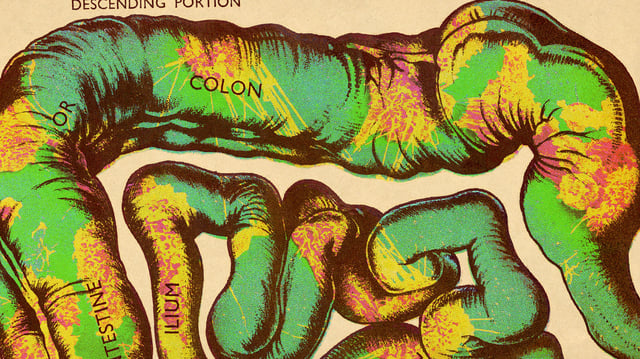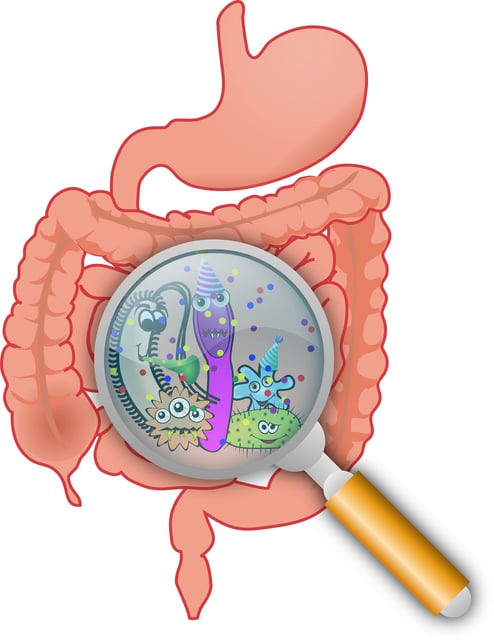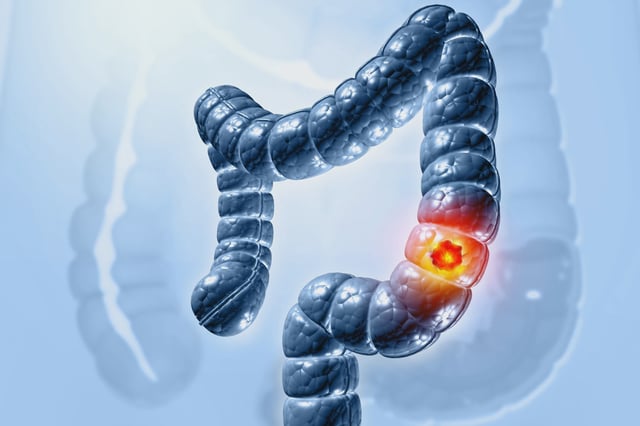Overview
- Colibactin, a toxin produced by certain E. coli strains, leaves a mutational signature strongly linked to early-onset colorectal cancer, particularly in individuals under 40.
- A study of 981 colorectal cancer genomes across 11 countries found colibactin-related mutations were 3.3 times more common in early-onset cases than in older patients.
- Researchers suspect exposure to colibactin-producing bacteria occurs before age 10, potentially accelerating cancer development by decades.
- Efforts are underway to develop stool-based diagnostic tests for early detection, though scientists are still investigating exposure pathways in childhood.
- Funding cuts to research programs, including the NIH, threaten progress in understanding and addressing this global health concern.



